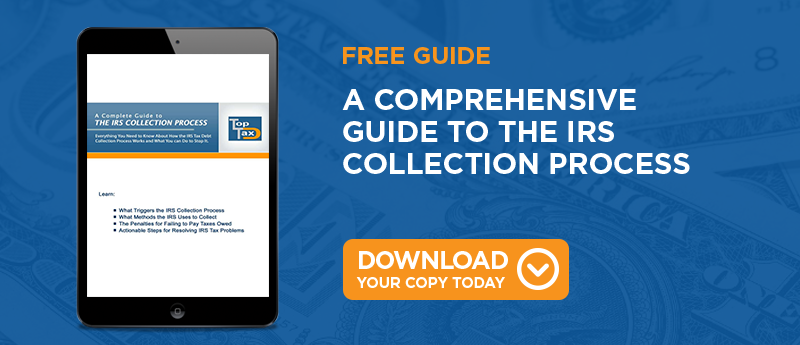
When the tax deadline approaches, many business owners may be worrying about the IRS fines and penalties they could face. Some of these fees are associated with the IRS filing process itself, but others may be assessed after an IRS review of a completed return. What are some of these fines? How can an entrepreneur avoid these penalties? Here are some small business tax suggestions for escaping the most common IRS penalties.
IRS Penalties for Late Filing or Payments
The most frequently imposed IRS penalty is the charge for late tax filing. The IRS assesses this fee on all income tax returns that are received after midnight on the day of the tax deadline. Both individuals and businesses must submit their completed returns by this date to avoid the charge. If you intend to file your paper return by mail, then you'll need to have it postmarked by midnight. If you prefer to file your return electronically, then you'll need to transmit your information before that deadline.
Another common IRS penalty is for late payments. This charge is somewhat similar to the failure to file taxes penalty, but it is only assessed for returns that carry a balance due. Taxpayers who owe money to the IRS have until the filing deadline to submit their payments, even if they have already filed their returns. If the agency does not receive a payment before midnight on the tax deadline, it will begin assessing a late payment fee and interest on the balance owed.
Tax Penalties for Errors or Fraudulent Returns
More serious IRS penalties involve those calculated on returns due to gross mistakes or fraudulent reporting. A taxpayer who neglects to include all of his or her income on a tax return could be charged a penalty of 20 percent in addition to any tax owed. However, if the IRS finds that the individual deliberately attempted to deceive agents by reporting false or incomplete information, the penalty could be as much as 75 percent on top of the total owed.
How to Avoid IRS Penalties
The easiest way to avoid IRS penalties is to file your return carefully and on time. If you have a few complex tax issues, it's better to hire a tax professional to assist you than to risk completing the return incorrectly. Should your return show a balance due, contact the IRS right away to make an arrangement to pay it in installments if you cannot afford to make a lump sum remittance.
Complying with the IRS Tax Code is the best way to avoid dealing with an IRS penalty. If you follow the agency's requirements properly, you may never have to face an IRS penalty at all.




